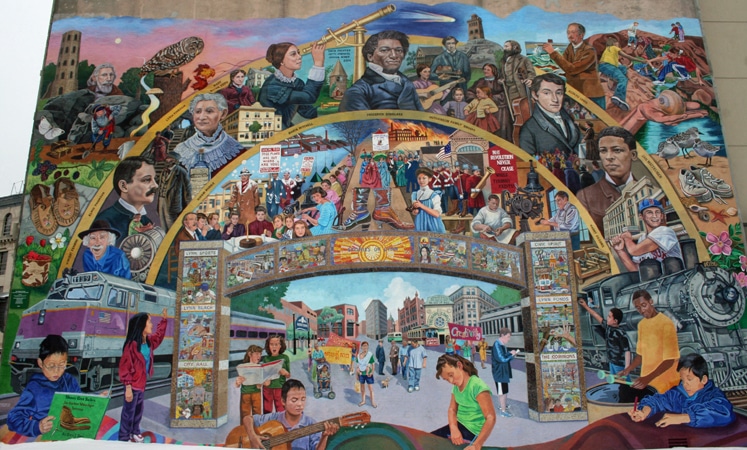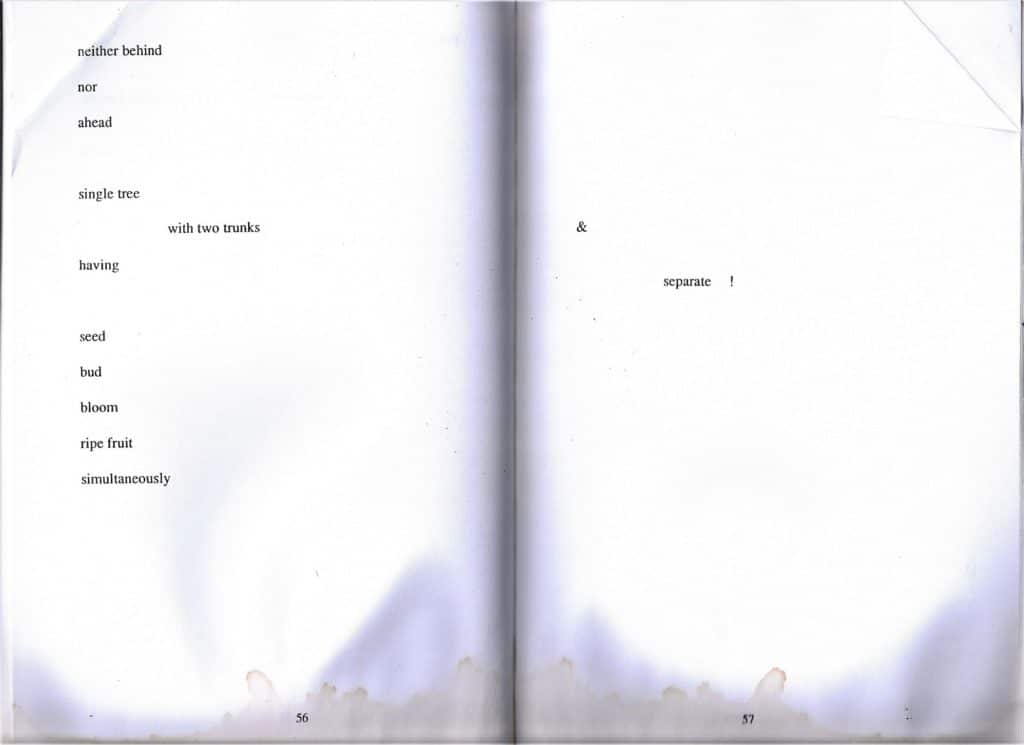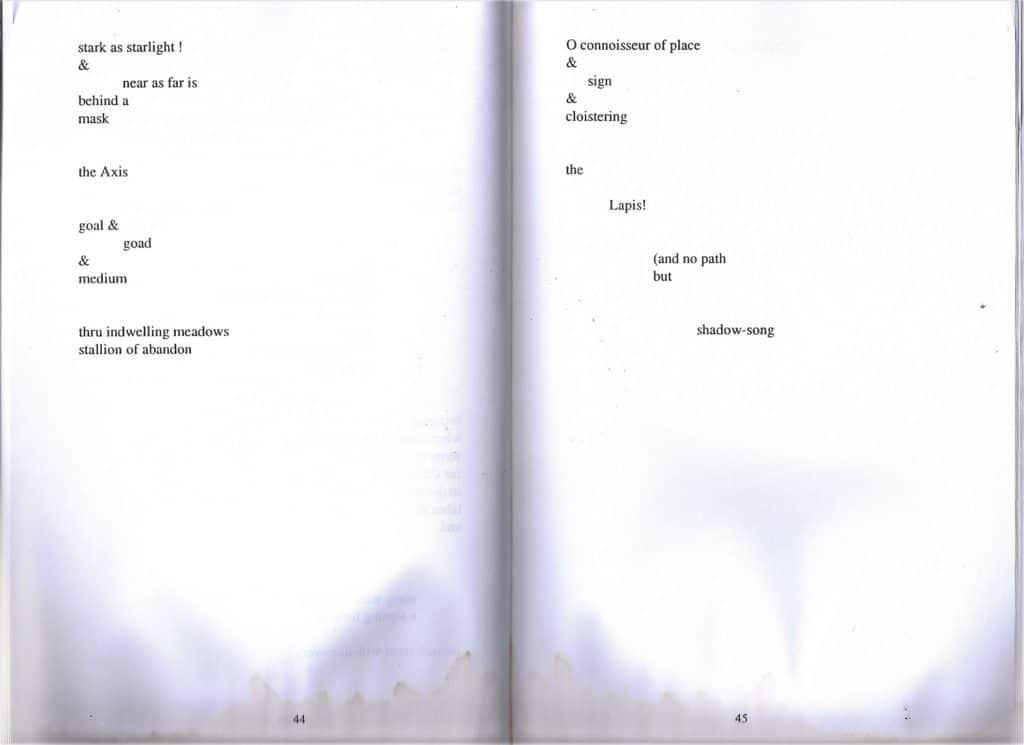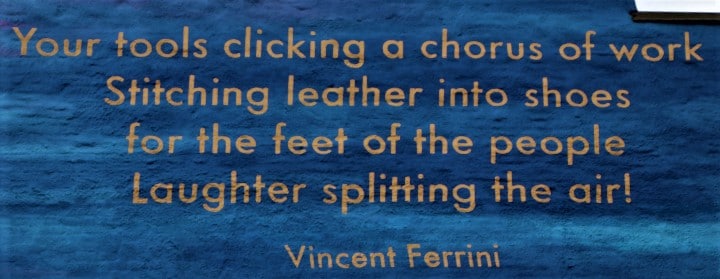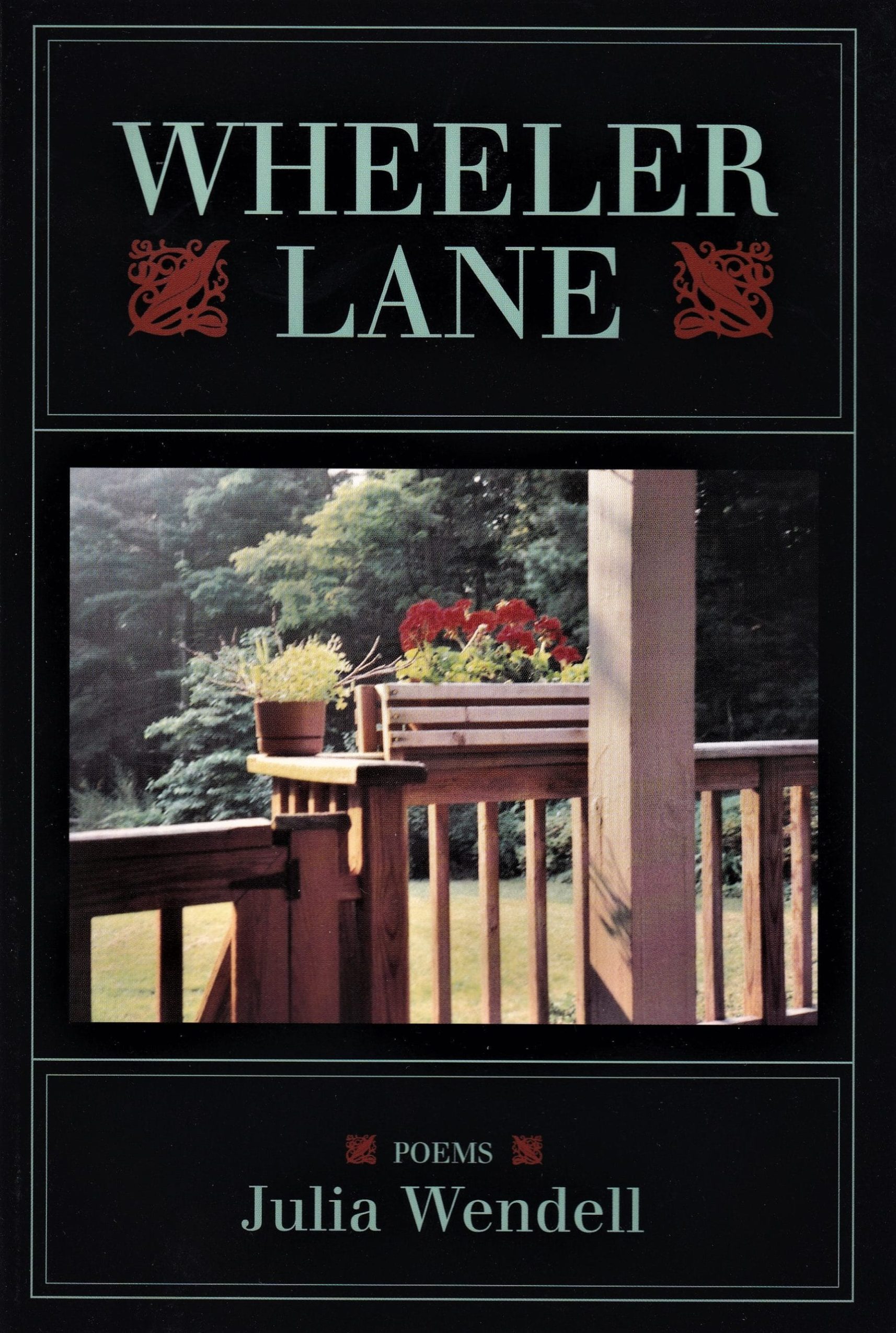
Julia Wendell, Wheeler Lane (1st Edition) English (buy this book)
Review by deb Ewing
And then ten years went by.
I’d decided to review Julia Wendel‘s poetry collection next in my series of Igneus Press titles because I wanted to focus on the feminine as part of the human animal, not as an Other. I’d dog-eared a few pages because I am that monster (I also write in the margins, even in what should be a fancy coffee table book. I don’t have a coffee table.) And I’d thrown the book in my bag to read while travelling to Philadelphia for an art reception in which I was an honoree.
And, as I often do, I opened the book eyes closed like I’d thrown I Ching coins to see what wisdom popped out at me. It was that one line, top of the page: And then ten years went by.
This is a feeling I think we all know.
Julia Wendell is telling the story of a lifetime in these pages, almost more a reporter than participant. And there’s something edifying in that to me, because I like to do the same thing: I tell you what I see. It’s up to you to draw your own conclusions. Sometimes the conclusion drawn through someone else’s observation is more startling than we’d let ourselves notice in our own lives.
Because I don’t know the game Baccarat – paired with Passion in the title of Julia’s poem – I researched. I wanted to know why she chose this juxtaposition. Baccarat is a comparing of cards, in which either the “bank” or the player can win, or there can be a tie. This gamble is woven throughout Wheeler Lane – the narrator is complicit in choosing to gamble, and there’s a great deal of waiting for outcomes.
Julia tells the story of someone else’s dream deflating in the measured tone of someone who’s tired of arguing, tired of being wrong, as she watches a portable greenhouse fail. This is the story I know of being a woman, a mother, a spouse, in the United States. I don’t claim that the story is ubiquitous, but my Indian friend tells me how’s she’s doing: “Oh you know, this son, this husband.” Yeah, I know; I’ve been there, too.
And then ten years went by.
I can measure a few of those increments in my life – usually I ended up in another state, one way or another, by the end of it. Sometimes ten years was actually thirteen, or two and a half. But you wonder why you can’t remember exactly what happened then. Julia Wheeler implies that these decades are measured in things acquired, often for someone else.
Are we the ghosts of our own stories?
A couple of things stand out to me in this piece – one is near the end, Wendell’s repetition of the words ‘less sexual.’ Repetition is tricky in poetry and has to be used with precision; here, it is. I want to say, too, that I love the ampersand as a piece of punctuation, a stand-in for a word, and as an art form. At every point where Wendell chose to & instead of and, I am happy.
I’ve misplaced the copy of Wheeler Lane I took with me to Philadelphia. I hope I left it on that ledge on the pier where I recorded my reading. I hope one of those parents, herding their toddlers over the grass and down the boardwalk, picked it up and stuffed it in a bag for later. Maybe, even though we’re still in a pandemic, they took the gamble, took the book, and left it safely in the garage long enough for surface-transmitted germs to die. I hope they remember some things they’d socked away in cabinets, memories shaken loose by Julia Wheeler’s poetry. Buy Wheeler Lane here.
Further Stuff:
Julia Wendell Learn more about the author and poet here.
How to Play Baccarat and Win – Learn in Less Than Four Minutes This is not an endorsement of Caesars Entertainment, nor of gambling, but where I found myself in my research.
Baccarat (card game) Here’s the Wiki-splanation.
What is the I Ching? – Chinafile.com Humans love to divine; we just want something to tip the scales toward a decision we can’t make. The I Ching has supplied philosophy, ethics, and authority for the arts & sciences for thousands of years.
Mathematics + Art: A Cultural History, Lynn Gamwell I own this book, and I write in the margins. It’s an impressive book in both heft and scope. My book club is enjoying it greatly; we made 5-minute PowerPoint presentations on chapters at a time.
Beware the Ides of March – but Why? – history.com Because you need to know, man. “It’s not really surprising Caesar was stabbed 23 times. He was surrounded by a mob of senators. They probably weren’t really good at stabbing people to death; they were politicians.” – Shiya Ribowsky
#uncoffeed… Things Which Are Not Mine to Carry My blog is an oleo (I said it like that so you can feel good when you use that word in a crossword puzzle.) A few of my ten-yearses are referenced in this true story of my date with Satan.
Portable Greenhouse – Igneus Press does not endorse this product, and neither do I. I think I want one, though.

